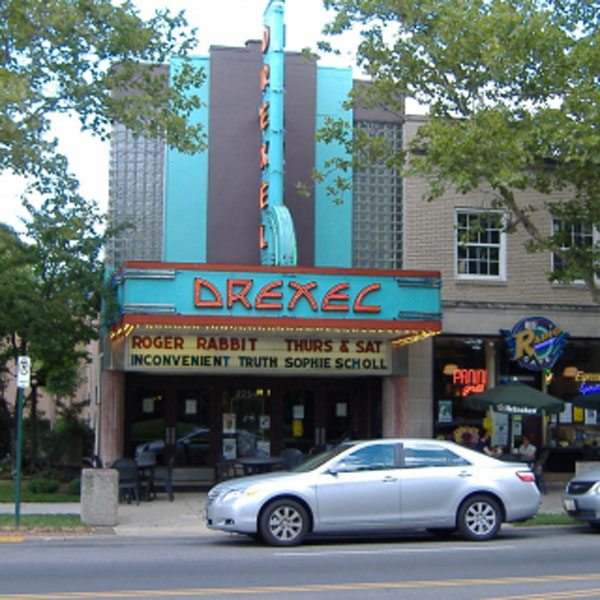
March 19, 2018; Columbus CEO
In Bexley, Ohio, a small suburb bordered on its west by Columbus, “The Drexel Theatre is part of a movement breathing new life into art house cinemas,” writes Melissa Kossler Dutton in Columbus CEO. Established in 2009 by community leaders and arts patrons, Friends of the Drexel “is an independent, not-for-profit organization dedicated to a creative and prosperous future for the Drexel Theatre.” The nonprofit employs two full-time staff, 13 part-time staff, and had a 2017 operating budget of $744,100, Dutton reports.
“It’s a pretty interesting moment for independent, arthouse theaters,” says Stephanie Silverman, who is identified as a “provisional board member” of the national nonprofit Art House Convergence and also is executive director of the Belcourt theater in Nashville, Tennessee. “The independents have gotten the wind behind them.”
When Art House Convergence began in 2008 as a spinoff from Utah’s Sundance Festival, its inaugural conference attracted only 25 attendees. Ten years later, the conference attracted “over 630 exhibitors, film festivals, and allied organizations.” In 2011, NPQ noted that, “75 percent of the attendees [at the conference] are likely to be nonprofits.” Russ Collins, who continues to direct the nonprofit Michigan Theater Foundation in Ann Arbor, said, “I thought it’s kind of silly that the primary model for an arthouse cinema is a commercial model. There’s a model for a community arts organization that is already quite successful.” In 2012, NPQ profiled the art house cinema scene in San Francisco, pointing out that “the Roxie Theater has become a nonprofit so that it can recruit members, hold benefits, and apply for grants.”
For her part, Silverman notes that the key to the revival of arthouse cinema came about “when independent cinemas started thinking like cultural institutions rather than traditional movie theater.”
Meanwhile, in Bexley, the Drexel Theatre is doing well. “I’m not worried about the small arthouse theater,” says Kevin Rouch, theater director at the Drexel. “They’re in a better place today than they were 20 years ago.”
Sign up for our free newsletters
Subscribe to NPQ's newsletters to have our top stories delivered directly to your inbox.
By signing up, you agree to our privacy policy and terms of use, and to receive messages from NPQ and our partners.
Rouch adds that for most theaters, transitioning to a nonprofit came naturally as they already saw themselves as mission-oriented institutions. Nonprofit status allows the Drexel to concentrate on curating high-quality movies and developing programming designed to enhance the cultural scene, Rouch adds.
One priority of Friends of the Drexel has been to raise funds to upgrade the 81-year-old theater. “To date, the group has spent $2.5 million on building improvements, including a new roof, a restored marquee and renovated restrooms and screening rooms. The theater also converted to digital projection and sound,” notes Dutton.
With the renovations behind them, Dutton adds that the organization is “eager to focus on finding films and organizing events that will fulfill its mission of creating a vibrant community through unique arts content.” Judy Fisher, who chairs the Friends board, says educational opportunities will be a key component.
Dutton adds,
The theater also plans on adding a Japanese mini-festival, more family programming and finding new opportunities to screen classic films, Rouch says. The theater—which hosts a Capital University film class, provides space for fundraisers and regularly screens films for local schools—wants to find ways to use its unique venue to serve community groups, he says.
“Our asset is our screens,” Rouch says. “The more we can use them, the better.”—Steve Dubb












